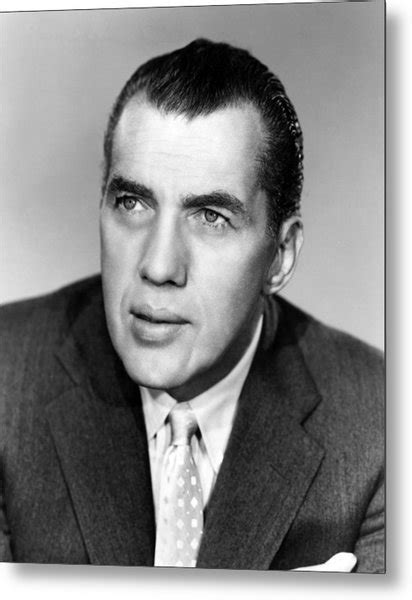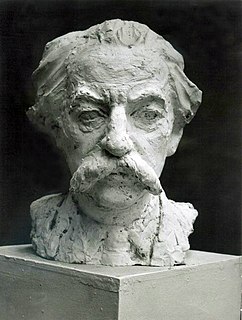A Quote by Ed Ayres
Sport, which mimics the language and emotional intensity of war but eliminates
the fatal destruction, may be a form of redemption.
Related Quotes
You and I must realize that the English language is filled with words that, in addition to their literal meanings, convey distinct emotional intensity. For example, if you develop a habit of saying you 'hate' things - you 'hate' your hair; you 'hate' your job; you 'hate' having to do something - do you think this raises the intensity of your negative emotional states more than if you use a phrase like 'I prefer something else'?
When a book, any sort of book, reaches a certain intensity of artistic performance, it becomes literature. That intensity may be a matter of style, situation, character, emotional tone, or idea, or half a dozen other things. It may also be a perfection of control over the movement of a story similar to the control a great pitcher has over the ball.
We are in a war of a peculiar nature. It is not with an ordinary community, which is hostile or friendly as passion or as interest may veer about: not with a state which makes war through wantonness, and abandons it through lassitude. We are at war with a system, which by its essence, is inimical to all other governments, and which makes peace or war, as peace and war may best contribute to their subversion. It is with an armed doctrine that we are at war. It has, by its essence, a faction of opinion, and of interest, and of enthusiasm, in every country.
To some it may seem old-fashioned to speak of virtue and chastity, honesty, morality, faith, character, but these are the qualities which have built great men and women and point the way by which one may find happiness in the living of today and eternal joy in the world to come. These are the qualities which are the anchors to our lives, in spite of the trials, the tragedies, the pestilences, and the cruelties of war which bring in their wake appalling destruction, hunger, and bloodshed
External realities - worlds of politics, economics, law, war, interpersonal and social relations - are part of prose fiction. Fiction also includes the realities of a character's interior language. Poetry can encompass the same realities, but in compressed, intensified language, which creates entirely different degrees of emotional force.
We may say that feelings have two kinds of intensity. One is the intensity of the feeling itself, by which loud sounds are distinguished from faint ones, luminous colors from dark ones, highly chromatic colors from almost neutral tints, etc. The other is the intensity of consciousness that lays hold of the feeling, which makes the ticking of a watch actually heard infinitely more vivid than a cannon shot remembered to have been heard a few minutes ago.
Nature is a language and every new fact one learns is a new word; but it is not a language taken to pieces and dead in the dictionary, but the language put together into a most significant and universal sense. I wish to learn this language - not that I may know a new grammar, but that I may read the great book which is written in that tongue.





































